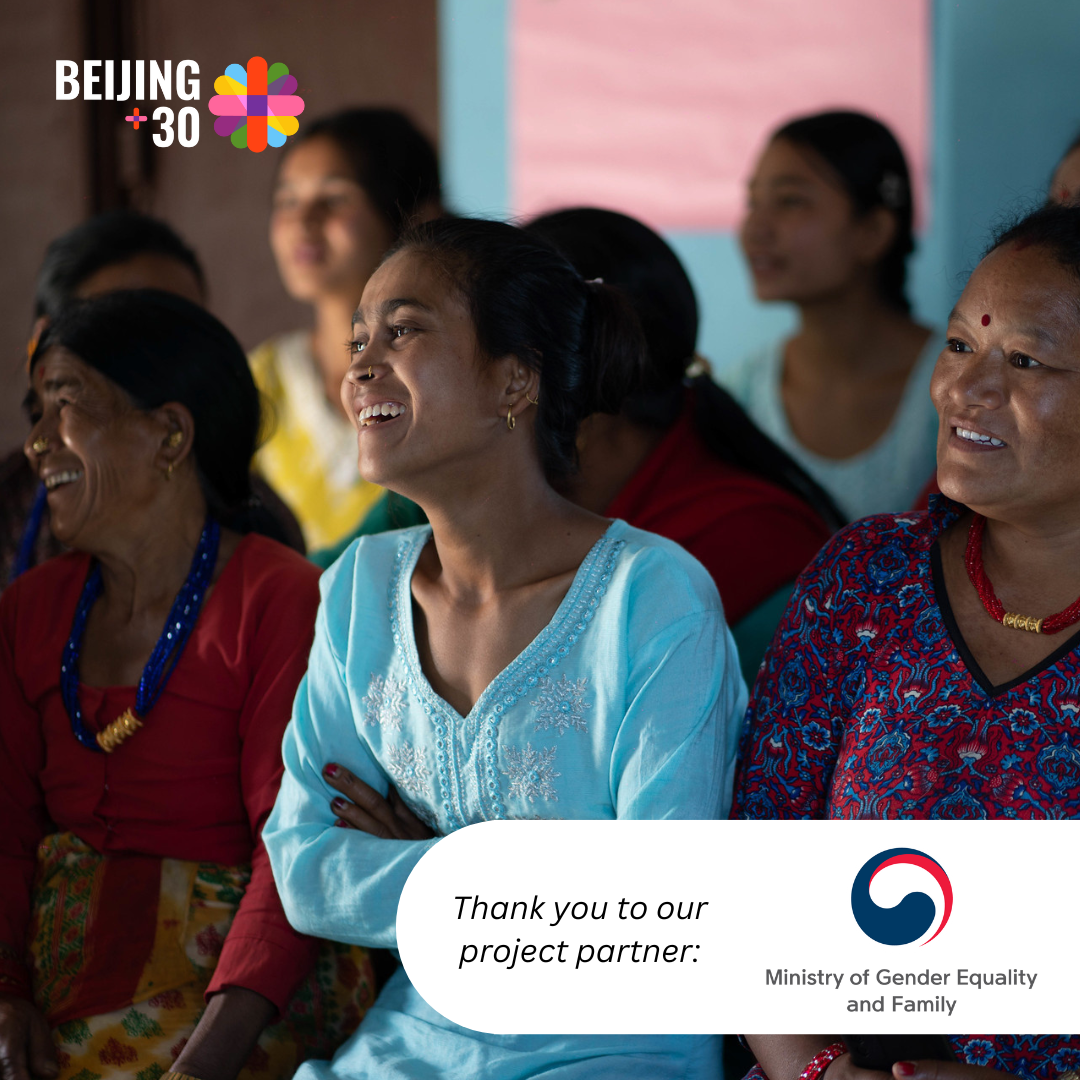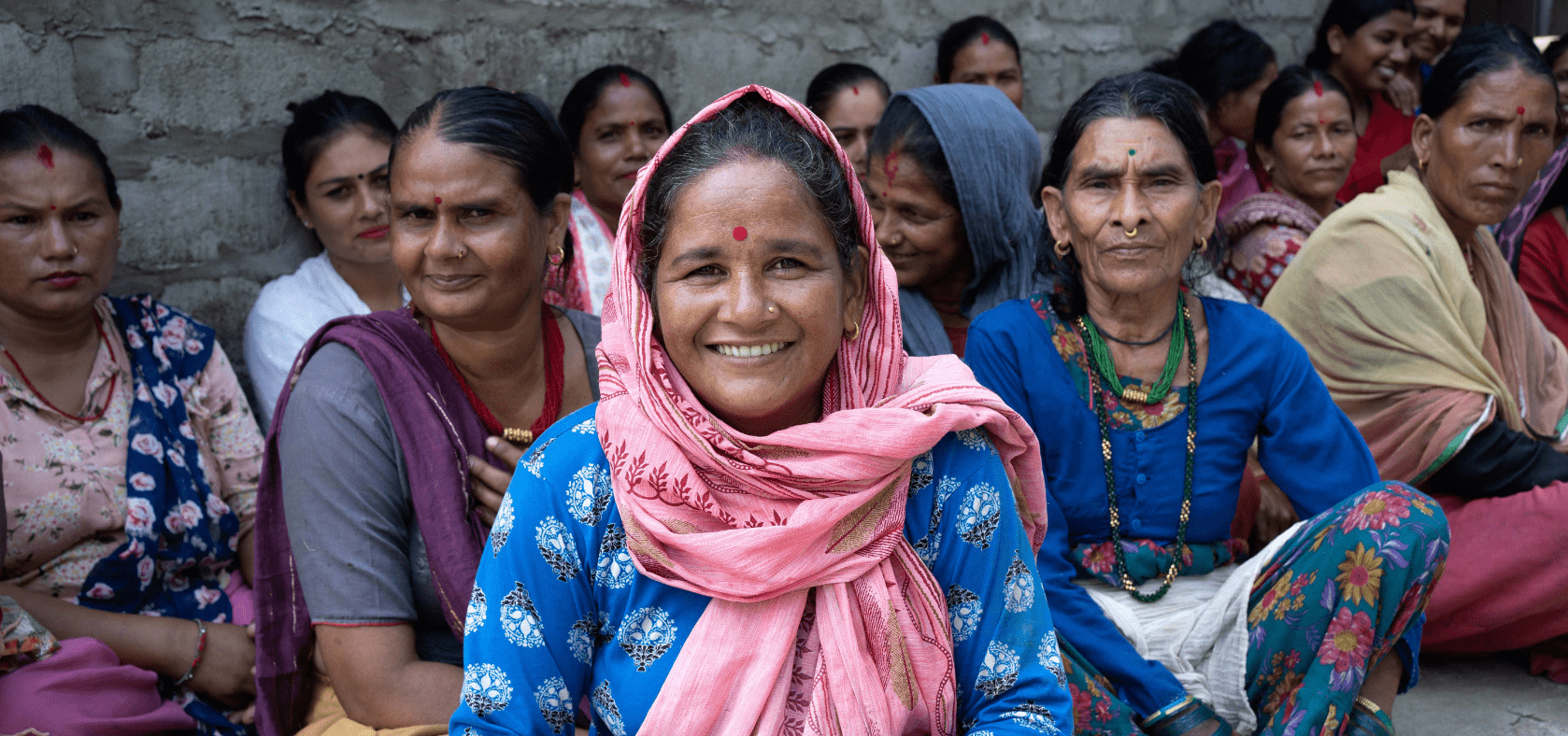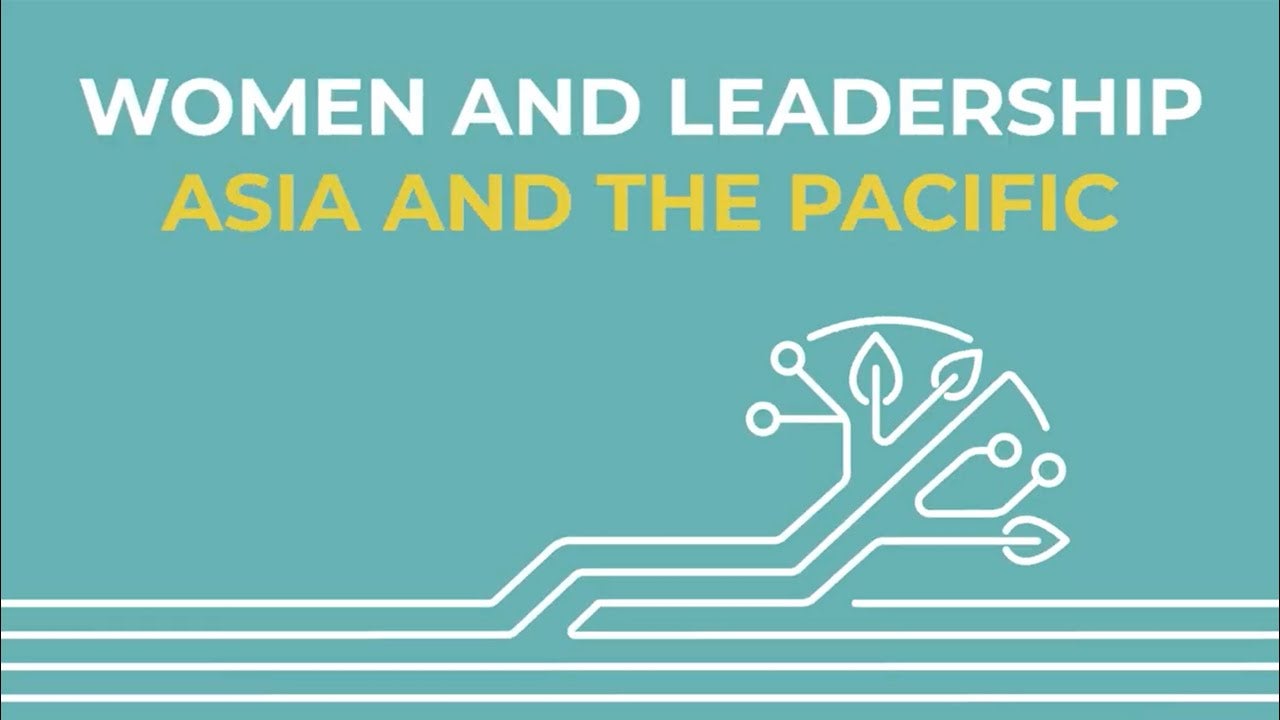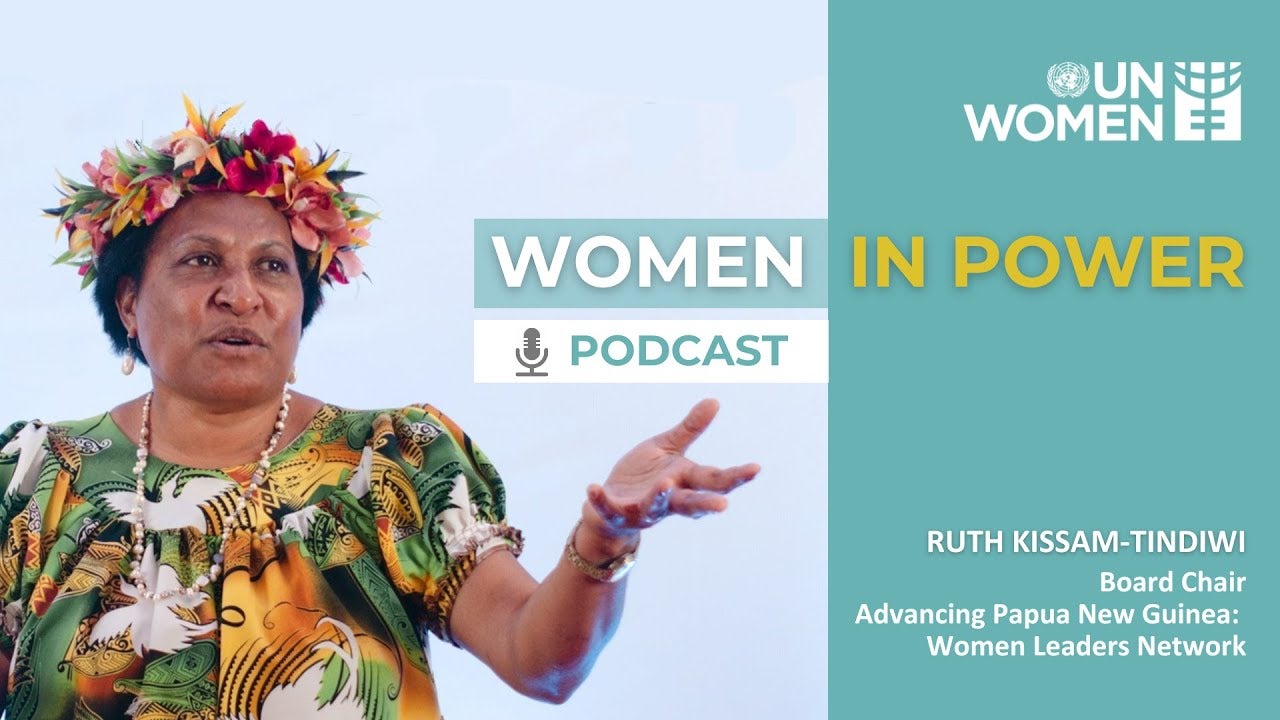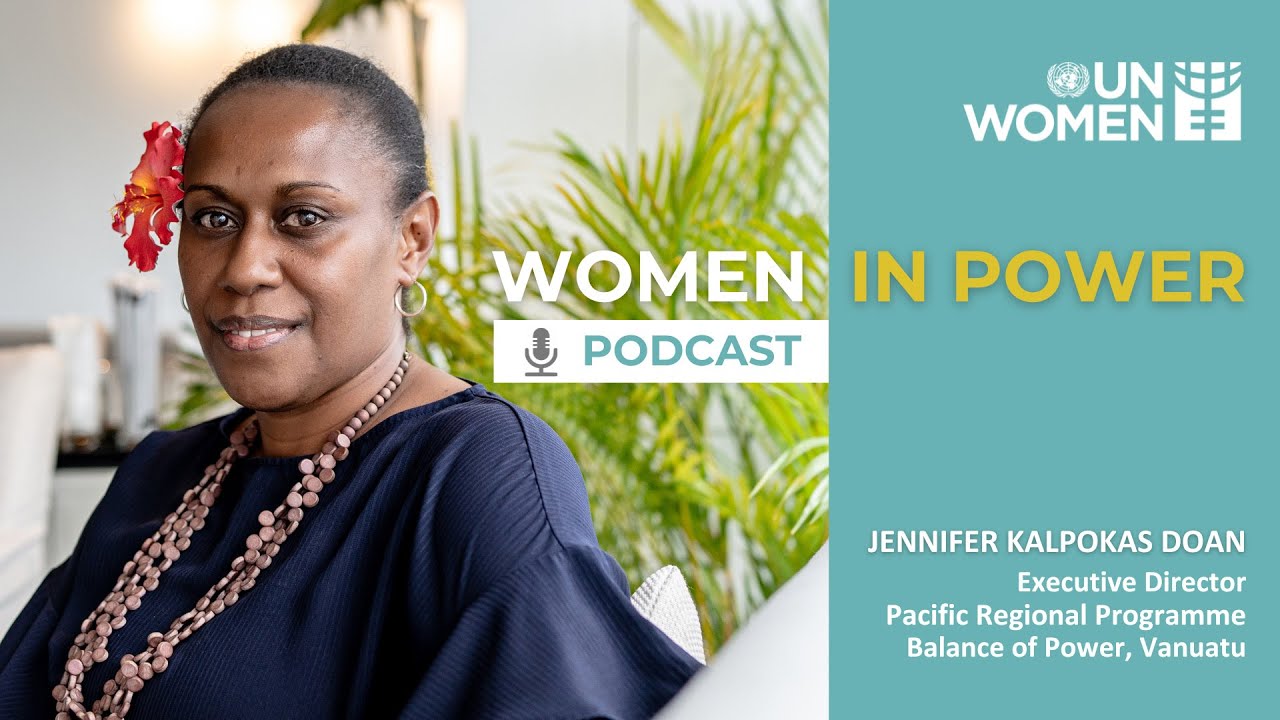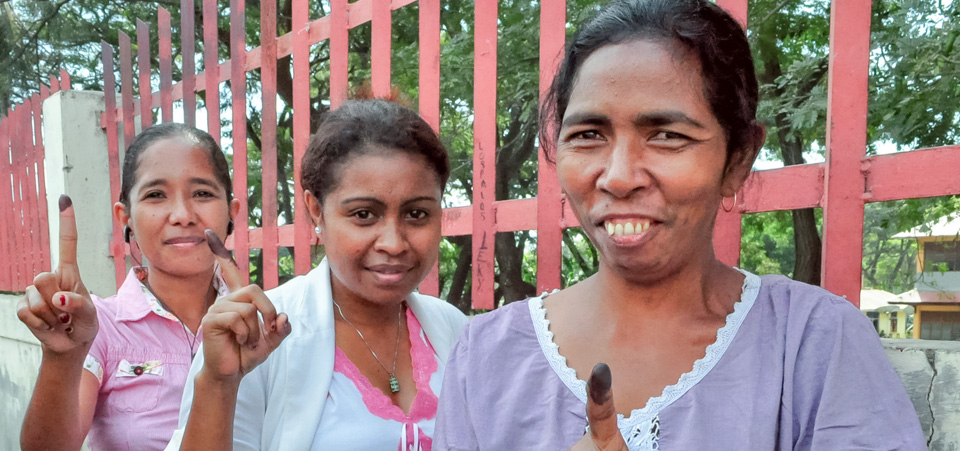
Youth voters dip their fingers into the indigo-blue dye. Photo: UN Women/Betsy Davis Cosme
From the highest levels of government to village councils all over the world, women are making positive contributions to the organisations that affect our daily lives. It’s essential to gender equality that women are empowered to take a seat at the decision-making table. Gender-balanced governance structures are also more robust, responsive and fair.
In East and South East Asia, UN Women focuses on women’s legal rights and access to justice, women’s political participation, and aid effectiveness as three key factors in good governance.
Working towards these goals, UN Women uses a rights-based approach and fosters partnerships between governments, community-based organisations and UN agencies to improve governance and advance the status of women.
Beijing+30 Activation: Strengthening Women’s Leadership to Accelerate Progress on Women’s Rights in Asia
A strategic partnership is under way between the Government of the Republic of Korea, through its Ministry of Gender Equality and Family (MOGEF), and UN Women to enhance women’s full, equal and meaningful participation and leadership in decision-making in South and South-East Asia.
By translating global commitments into concrete actions at national and regional levels in Asia, MOGEF and UN Women seek to reinforce national and regional commitments to gender equality, women’s rights and inclusive governance. Focus countries are Bangladesh, Cambodia and Nepal.
The partnership has a strong focus on ensuring that the voices and priorities of women inform decision-making, empowering all women, including young women and women from marginalized groups to participate in public life, as well as strengthening women’s civil society organizations.
Initial activities since November 2024 have featured the engagement of women leaders and civil society in regional intergovernmental fora:
News
10 March 2025 | Announcement
Audiovisual
The partnership is underpinned by strategic advocacy and communication to promote social norms that recognize women as effective leaders.

